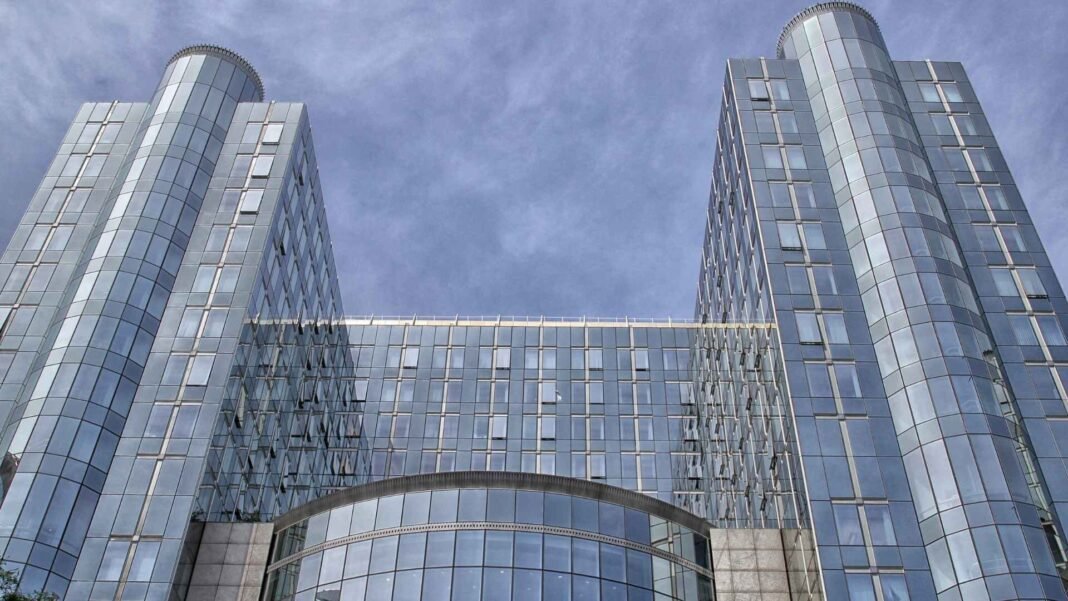In a pivotal moment for Gulf-Asian diplomacy, Saudi Arabia and Indonesia have signed agreements worth $27 billion, ushering in a new era of economic and strategic cooperation. The landmark deals were inked on July 3, 2025, in Jeddah, during the official visit of Indonesian President Joko Widodo. Spanning sectors such as clean energy, petrochemicals, defense, aviation fuel, and cybersecurity, the agreements signal the growing alignment between the world’s largest Muslim-majority country and the Middle East’s leading energy giant. A New High in Bilateral Ties The latest round of agreements adds depth to a relationship that has steadily grown over the past decade. Trade between the two countries reached $31.5 billion over the last five years, with Saudi Arabia emerging as Indonesia’s largest trading partner in the Middle East. Now, with this multi-billion-dollar commitment, the partnership moves beyond trade figures into areas that could redefine economic and technological development for both nations. One of the headline announcements is a clean energy collaboration between Indonesia’s state-run oil firm Pertamina and Saudi energy giant ACWA Power. Together, they plan to develop up to 500 megawatts
Topics
- Artificial Intelligence
- companies
- Construct 360
- E-Commerce industry
- Economy News
- Economy News
- Editor Choice
- Edtech industry
- energy industry
- Entertainment & Leisure
- Entrepreneurs
- Featured
- Fintech
- Funding News
- General News
- Government Policies
- Growth & Strategy
- Health & Wellness
- Healthtech
- industry
- Information & Communication Technology
- Lifestyle
- Management
- Management and Leadership
- Marketing & Branding
- Merger and Acquisition
- Money & Personal Finance
- News
- Oil and Gas
- Real Estate
- Sports and Productivity
- Start-up
- Technology
- Top 10 Listing Article
- Travel
- Women
More
Popular Categories




